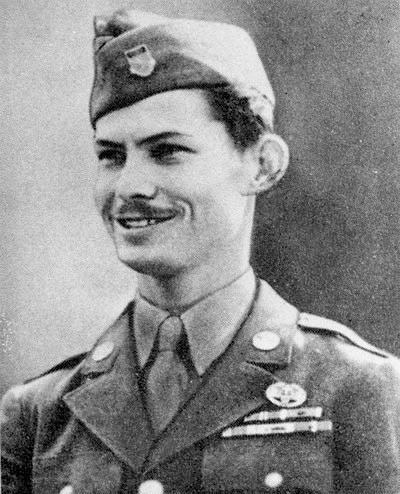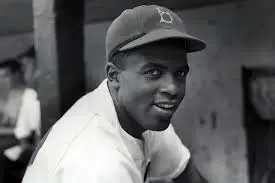Dear Evan Hansen” Feature (Part One of Two): Screen, Stage, or Writing?
December 8, 2021
As many in the theatre community know, there is a lot to discuss in regards to the new “Dear Evan Hansen” film. The story follows a high school teen, Evan Hansen, as he navigates the challenges of fitting in, making friends, beginning new relationships, and moving on, all while battling anxiety and depression. This narrative is extremely significant as many struggle with their mental health, even more so due to the current circumstances. Evan is a relatable character who audiences can see themselves in and learn from. As expected, the musical, book, and film adaptations of this story include a few varying details. Some changes are controversial, while others are greatly appreciated. Each of these aspects included in the film contribute to the complexity of this impactful story.
Casting:
One of the major causes of controversy regarding the film adaptation of “Dear Evan Hansen” is in relation to casting. The main character, Evan Hansen, is played by Ben Platt. When casting Ben Platt as Evan Hansen, many aspects of his role in creating the musical were taken into consideration. Particularly the fact that Platt played Evan Hansen in the original cast of “Dear Evan Hansen.” The music and character of Evan suit Ben Platt almost perfectly, and the casting directors believe that there is no one better for the role. However, this caused controversy in the way that Evan is a high school student, but Ben Platt is twenty-eight years old. Many Audiences complained that he appears too old for the role and, alongside the rest of the cast, the age dynamic is inaccurate. Fans argued that a younger actor, who has played Evan before, should have been cast. What do you think? Should Ben Platt have been cast as the main character, or should Evan have been played by a younger actor?
Cuts:
Upon viewing the film, audiences familiar with the musical may notice the removal of certain elements. Specifically, the elimination of the songs “Anybody Have A Map,” “Disappear,” “To Break In A Glove,” and “Good For You.” With this artistic decision comes controversy amongst the fans of the musical.
“Anybody Have A Map”
Typically, the show begins with the song “Anybody Have A Map.” This number connects the Hansen and Murphy families to one another, engaging the audience and establishing the story’s main conflict. However, removing this element from the film overlooks parallels between the Hansen and Murphy families, creating a slight disconnect to start off the movie.
“Disappear”
To continue, the song “Disappear” contributes significantly to the character Connor’s stage time. With the removal of this component, Connor’s screen time is significantly reduced. However, cutting this song allows for the inclusion of a new arrangement, titled “Anonymous Ones.”
“To Break In A Glove”
With the song “To Break In A Glove” another small change is made to the film. Removing this song allows for flexibility when altering the Murphy family’s dynamic. In the film, Larry is Zoe and Connor’s step-father. This is not accurate to the stage version. Including this detail connects Evan and Zoe, who become love interests, as they both are unfamiliar with their fathers.
“Good For You”
The last song cut from the film is “Good For You.” Many fans argue that, because this song has been removed, Evan is portrayed as a better person in the film than he appears in the musical. During this song, supporting characters express their anger towards Evan and his lies. However, without this, a public apology from Evan is added into the film, characterizing him as a favorable character.
Additions to the Film Adaptation:
There is much to discuss in terms of additions to the film that were not included in the musical. Particularly regarding supporting characters and storylines.
Alana Clem
To start, the character Alana Clem was significantly developed. Alana serves as a smaller character within the story. She is a hardworking and dedicated student. In the musical, this is practically all she is portrayed to be. However, the film brings light to more of Alana’s traits and deepens her personality. One major addition to her character relates to her mental health. Audiences learn that Alana also struggles with anxiety and depression. This is discovered through an exchange that she has with Evan, leading into a new song titled, “Anonymous Ones.” The lyrics of this new arrangement very much speak to those who can relate to the passionate side of Alana’s character but also the overwhelmed, anxious side of Alana whose struggles with mental health often go unnoticed.
Connor Murphy
Aside from Alana, the character Connor is also expanded upon within the film. Specifically, at the start of the film audiences see Connor in the background as he is being teased by his peers. This lets the audience further into Connor’s life, unlike in the musical. The audience is now able to understand the extent to which Connor was mistreated, giving more reason to his suicide than in the stage version. In addition to this, Connor is given a song at the end of the film expressing his true thoughts and feelings. This song is a monumental moment in the film as it allows his family to finally grieve over their son after being lied to, by Evan, throughout the film.
Jared Kleinman
Another slight alteration to the film is regarding the character Jared. In the musical, Jared serves as comedic relief. He is very much a jokester and a family friend to Evan. In the stage version, audiences do not know much about Jared and, through lyrics and subtle statements, it can be assumed that Jared’s character is likely homophobic. However, this is changed in the film adaptation as Jared is openly queer in the film. In one of his first scenes in the film, he discusses a fling that he had with a guy over break. This alters the homophobic undertones of Jared’s character as, in the song “Sincerely Me” there is a lyric, sung by Jared, explaining that Connor and Evan were not gay. In the musical, this can be interpreted as being homophobic, but, because Jared is openly gay in the film, these undertones are taken away.
National suicide hotline:
800-273-8255

























